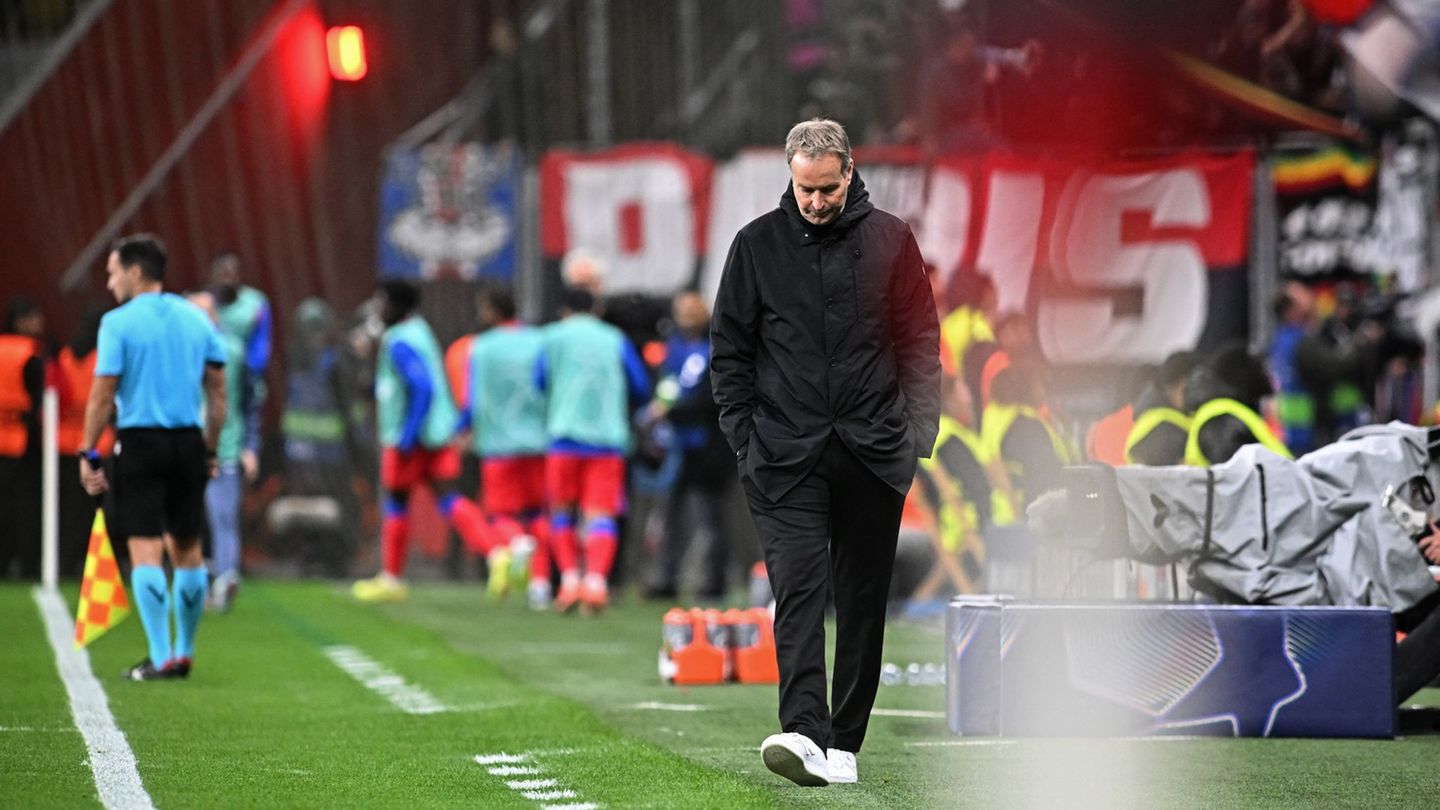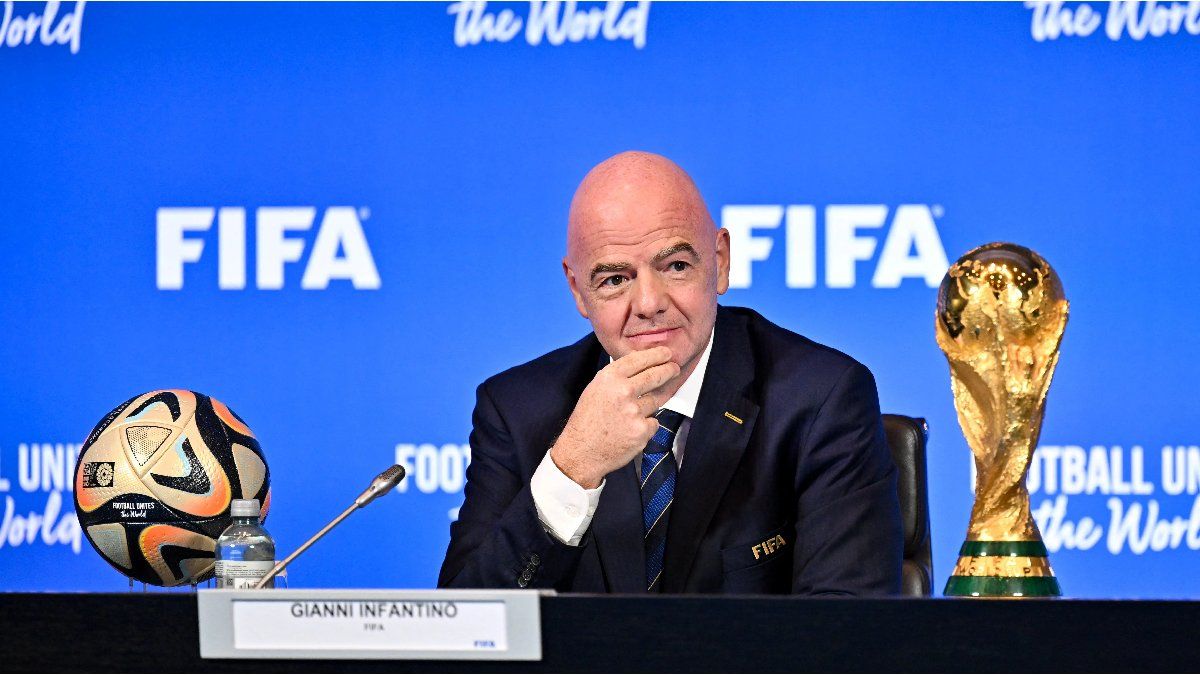For tens of thousands of bank employees, the next few months will be about money. A sticking point in the collective bargaining round for the public and private banks is likely to become a different topic.
In Berlin, collective bargaining for 60,000 employees of state and development banks as well as several savings banks in Germany began on Wednesday.
Verdi and the German Association of Bank Employees (DBV) not only want to get more money out of the employees of the public institutes. A central goal of the unions is also to lay down regulations for mobile working and home office for the time after the corona pandemic.
Verdi is demanding 4.5 percent more money, but at least 150 euros more per month for the bank employees. In addition, the union wants to ensure that employees are allowed to work mobile for up to 60 percent of their working hours. Verdi is aiming for a new collective agreement with a term of twelve months. The DBV demands 4.8 percent more money and the reduction of the weekly working time by one hour to 38 hours.
For the first time since 1972, the collective bargaining community of public banks is again negotiating independently for its currently 43 member institutes. Your negotiator Gunar Feth had expressed the hope that “more tailored offers” can be achieved for the public banks. The negotiations for 140,000 employees of the private banks in Germany begin next week, Thursday (July 1st), also in Berlin.
In the previous round in 2019, after five rounds of negotiations, the collective bargaining parties agreed, among other things, on an increase in collective wages in two stages of 2.0 percent each from September 2019 and from November 2020. The collective wage agreement expires on June 30, 2021.
Jane Stock is a technology author, who has written for 24 Hours World. She writes about the latest in technology news and trends, and is always on the lookout for new and innovative ways to improve his audience’s experience.



